Adaptogens are more popular and in demand than ever before. Here's a brief summary of what adaptogens are and what they can do. The first part summarizes excerpts from the book "Adaptogens, 1: Herbs for Longevity and Everyday Wellness" by Adriana Ayales, founder of Anima Mundi and herbal expert. Following this, you'll find excerpts from study results and medical journals that further support everything described above.

What are adaptogens
Adaptogens are remarkable, purely plant-based substances, biologically active substances that help the body adapt to stress and regain its natural physical and mental balance.
There are many herbs that many of us love that inherently possess adaptogenic chemistry. Examples include reishi, suma, maca, and many others. However, this does not mean that they can officially be called "adaptogenic." The following list includes those that were rigorously tested as early as the 1950s and are considered primary adaptogens. Due solely to a lack of research, many other potential adaptogens have not been officially considered. Therefore, "secondary adaptogens" such as reishi, gynostemma, maca, he shou wu, shatavari, amla, and many other plants are technically not primary adaptogens. However, their respective chemistry shares significant parallels with known adaptogenic qualifications and adheres closely to them.
Primary adaptogens
Ashwagandha - Withania somnifera
Cordyceps - Cordyceps sinensis
Eleuthero - Eleutherococcus senticosus
Ginseng - Panax ginseng, Panax quinquefolius
Holy basil - Ocimum tenuiflorum, Ocimum sanctum
Liquorice - Glycyrrhiza glabra
Rhodiola - Rhodiola rosea
Schisandra - Schisandra chinensis
Shilajit - Asphaltum bitumen
What do adaptogens do
Adaptogens increase the body's resistance to various stressors, including physical, emotional, chemical, and environmental factors. They also protect against acute and chronic stress, which, as we all know, has become so commonplace these days that some people don't even notice it and instead wonder why their immune system isn't functioning properly. I was one of those people, by the way. The normalizing effect of adaptogens on the body, particularly on the endocrine and immune systems, makes them particularly unique, even though each individual adaptogen affects each person differently. By acting in a so-called "nonspecific" way, they influence the basic functions of the organism, restoring homeostasis (balance of physiological bodily functions; stability of the relationship between blood pressure, body temperature, blood pH, etc.) through their regenerative properties, and helping to harmonize body, mind, and spirit.
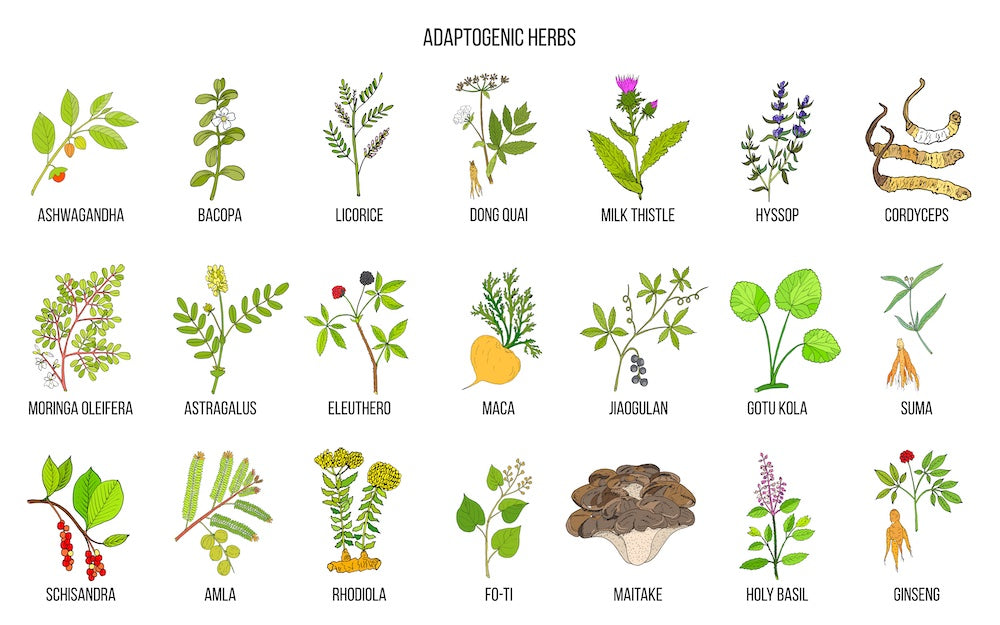
Modern clinical research increasingly provides evidence that many of the myths surrounding these herbs are, in fact, true. In terms of scientific and clinical studies, primary adaptogenic herbs have received the most attention. The broad spectrum of healing effects they offer covers almost all areas of the body.
Adaptogens use their balancing powers to restore strength, energy, and balance in the body, particularly in the neuroendocrine system and the immune system. The neuroendocrine system is understood as the combination of the endocrine system (the hormone-forming and -producing area of the body) and the nervous system. This system deals with chemical communication in the body via hormones that work in conjunction with the nervous system.
The goal of the nervous system is to create homeostasis (a balance of physiological body functions) for all internal reactions, which helps keep the body healthy and protected. Within the endocrine system, we find the famous HPA axis, a complex interplay between the hypothalamus (a vital part of the diencephalon that regulates all autonomic and endocrine processes and controls, among other things, respiration, circulation, body temperature, sexual behavior, and fluid and food intake), the pituitary gland (a roughly hazelnut-sized organ in the central nervous system that is the birthplace, synthesis site, and release site for numerous hormones), and the adrenal glands.
The hypothalamus communicates with the rest of the body through the autonomic nervous system and hormone secretions. Hypothalamus monitors and evaluates everything that's happening in the body and then tells its "personal assistant," the pituitary gland (P), what to do. The personal assistant, P, informs the "general managers" (the target organs), who then recruit the "workers" (specific biochemical processes) in the appropriate tissues or organs of the body. The tissues recruited or activated include the visceral organs—heart, lungs, intestines, kidneys, liver, and pancreas—as well as many lesser-known parts of the body such as the gallbladder, spleen, blood vessels, and skeletal muscles.
Phew, that was like a little flight through the biology of the body, and specifically our nerves and hormones, wasn't it?! I find it extremely interesting to understand what's going on in my body. So when you consider the stress of our time, the noise we're constantly surrounded by, the overstimulating sensory impressions we're constantly exposed to, and the constant time pressure we're under, it's no wonder that the longing for peace and connection with nature is becoming an increasingly strong need in society. And it's therefore no surprise that herbs are enjoying increasing popularity in today's world. We find ourselves in a time of profound change in history, and herbs with adaptogenic properties have been identified to protect our bodies by helping them adapt to the constant changes and stressors on our planet.

Each adaptogen attunes the body to a set of energy pathways, creating a nonspecific homeostatic response in body and mind. As has been previously researched, due to their normalizing effects and bidirectionality in the body, they can be said to possess a unique intelligence regarding what the body needs. Because they work so closely with the hypothalamus and pituitary gland, each adaptogen is ultimately experienced differently by each individual, as each person has their own internal recipe for balance. Adaptogens act at multiple sites in the body, but primarily on the neuroendocrine system, which includes the hypothalamus, pituitary gland, and adrenal glands, as well as the sympathoadrenal system (or SAS, a physiological connection between the sympathetic nervous system and the adrenal medulla, critical for an organism's physiological response to external stimuli). Adaptogens are also directly related to our organs, which shape our individual, primarily nervous, perception of the world and partly control basic survival processes such as intuition, pain response, sexual function, blood pressure, circadian rhythm, stress response and much more.
Modern studies have shown that adaptogens can nonspecifically improve the resilience of the human body under a variety of external stress conditions in a multi-layered and multi-channel network-like manner, particularly by influencing the immune system, the neuroendocrine system and the hypothalamic-pituitary-adrenal axis.
What do we, as a beauty and wellness boutique, have to do with adaptogens, you might ask. Well, these plant-based powerhouses not only help you feel stronger and more stable, they also support your skin in its healing process and help you stay healthy and beautiful. Silica and calcium, along with other minerals, stimulate the body's own collagen production and strengthen your hair, nails, and skin from within.

Excerpts from studies on adaptogens
"Adaptogens are synthetic compounds (bromantane, levamisole, aphobazole, bemethyl, etc.) or plant extracts that have the ability to increase the body's resilience to physical stress without increasing oxygen consumption. Extracts of Panax ginseng, Eleutherococcus senticosus, Rhaponticum carthamoides, Rhodiola rosea, and Schisandra chinensis are considered naturally occurring adaptogens, and in particular, herbal adaptogens. (…) The use of natural adaptogens by humans has a long history—they are used to recover from illness, physical weakness, memory impairment, and other conditions. About 50 years ago, herbal adaptogens were first used in professional sports due to their high potential to increase the body's resistance to stress and improve physical endurance. Although many people now take herbal adaptogens, human clinical trials are limited. The data from the meta-analysis showed that herbal adaptogens offer a range of benefits in the treatment of chronic fatigue, cognitive impairment, and immune protection." There is great potential for the future approval of medicinal products containing herbal adaptogens for therapeutic purposes."
(Source: Plant Adaptogens-History and Future Perspectives, Nutrients, 2021 Aug 20;13(8):2861. doi: 10.3390/nu13082861. https://pubmed.ncbi.nlm.nih.gov/34445021/)
"The findings from preclinical and clinical studies with Andrographis paniculata, Eleutherococcus senticosus, Glycyrrhiza spp., Panax spp., Rhodiola rosea, Schisandra chinensis, Withania somnifera, their combination products, and melatonin suggest that adaptogens may be useful in the prophylaxis and treatment of viral infections at all stages of the inflammatory process, as well as in supporting the recovery of the organism by (i) modulating innate and adaptive immunity, (ii) anti-inflammatory action, (iii) detoxification and repair of damage caused by oxidative stress in damaged cells, (iv) direct antiviral action by inhibiting viral docking or replication, and (v) improving the quality of life during convalescence."
(Source: The Role of Adaptogens in Prophylaxis and Treatment of Viral Respiratory Infections, Pharmaceuticals (Basel), 2020 Sep 8;13(9):236. doi: 10.3390/ph13090236._ https://pubmed.ncbi.nlm.nih.gov/32911682/)
"Adaptogens are stress response modifiers that increase an organism's nonspecific stress resistance by enhancing its ability to adapt and survive. (...) Molecular targets, signaling pathways, and networks common to adaptogens have been identified. They are associated with stress hormones and important mediators of homeostasis regulation. In this context, the mechanisms of action of adaptogens are specifically related to stress-protective activity and the increased adaptability of the organism. Consequently, adaptogens have multifaceted beneficial effects on chronic inflammation, atherosclerosis, neurodegenerative cognitive disorders, metabolic disorders, cancer, and other age-related diseases. Current and potential applications of adaptogens mainly relate to stress-related fatigue and cognitive function, mental illness, and behavioral disorders. Their prophylactic use in healthy individuals for stress reduction and the prevention of age-related diseases appears to be justified. It is very unlikely that the pharmacological activity of a phytochemical is specific and associated with only one type of receptor, in particular in adaptogenic compounds that influence key mediators of the adaptive stress response at the intracellular and extracellular communication levels.”
Source: Understanding adaptogenic activity: specificity of the pharmacological action of adaptogens and other phytochemicals_Ann NY Acad Sci 2017 Aug;1401(1):49-64. doi: 10.1111/nyas.13399. Epub 2017 Jun 22._ https://pubmed.ncbi.nlm.nih.gov/28640972/ )
"Originally, adaptogens were defined as substances that improve the "state of nonspecific resistance" during stress, a physiological condition associated with various disorders of the neuroendocrine immune system. Studies on animals and isolated neuronal cells have shown that adaptogens have neuroprotective, anti-drowsy, antidepressant, anxiolytic, nootropic, and CNS stimulant effects. Furthermore, numerous clinical studies demonstrate that adaptogens have anti-fatigue effects that increase mental capacity during stress and fatigue, particularly in the tolerance of mental exhaustion and the improvement of attention. Recent pharmacological studies with a number of adaptogens have also substantiated these effects at the molecular level. It has been discovered that the stress-protective effect of adaptogens is linked to the regulation of homeostasis through several mechanisms of action involving the hypothalamic-pituitary-adrenal axis and the regulation of key mediators of Stress response such as molecular chaperones (e.g., HSP70), the stress-activated c-Jun N-terminal protein kinase 1 (JNK1), the forkhead box O (FOXO) transcription factor DAF-16, cortisol, and nitric oxide."
(Effects of Adaptogens on the Central Nervous System and the Molecular Mechanisms Associated with Their Stress-Protective Activity, Pharmaceuticals (Basel). 2010 Jan 19;3(1):188-224. doi: 10.3390/ph3010188, https://pubmed.ncbi.nlm.nih.gov/27713248/ )
Notice
It's important to us to emphasize again and again that the intake and use of adaptogens in no way replaces medical treatment or even mitigates the need to consult a doctor. Adaptogens can support your mental and physical health, and you do so at your own risk. At North Glow, we carry a select range of adaptogen-rich products from the American brand Anima Mundi. I can personally say that these products have become an indispensable part of my daily life, as well as the daily routines of many of our customers, and have truly changed many things for the better. You have to try them to experience it. You can access our range of Anima Mundi products by clicking on the image below. I hope you enjoy exploring! Daniela from North Glow

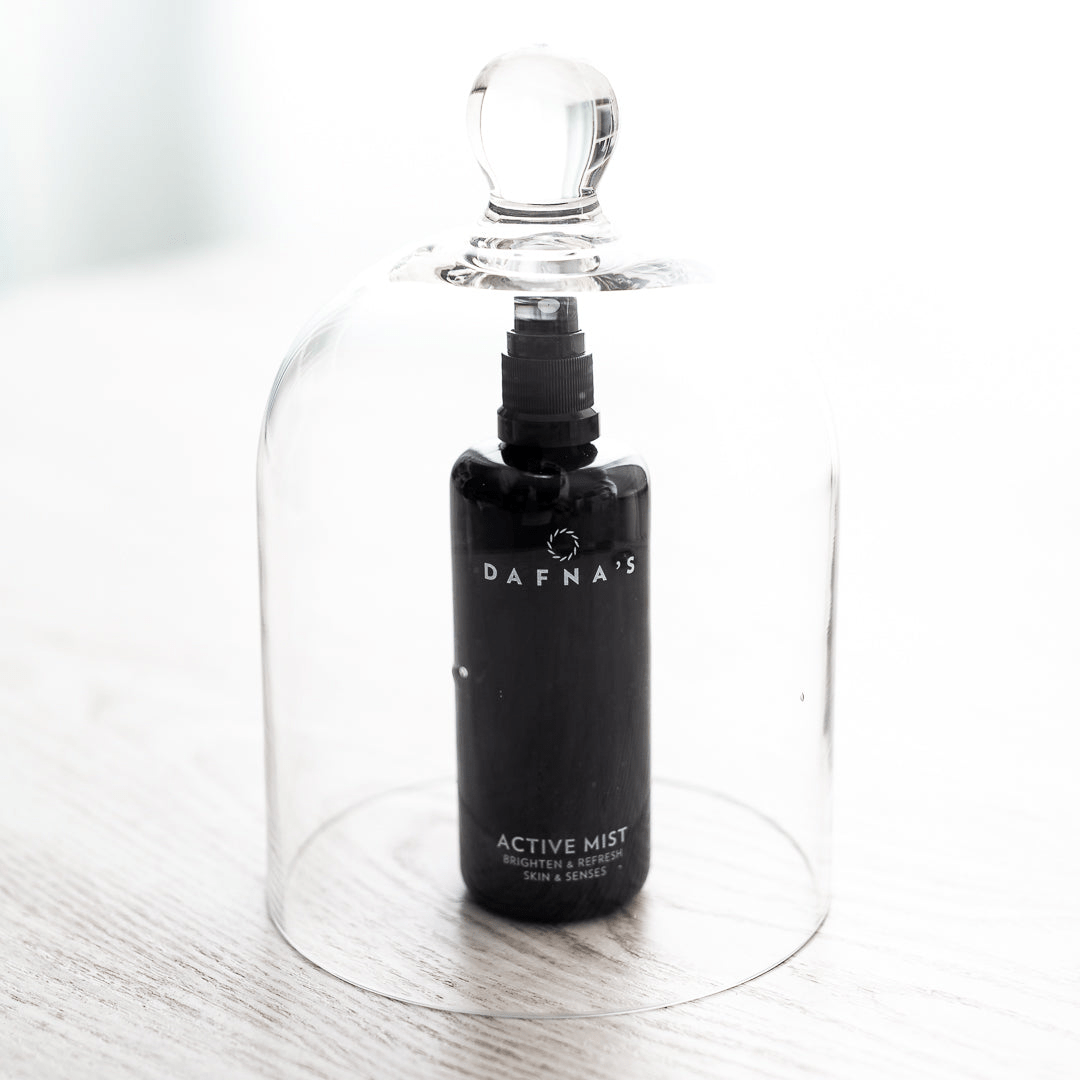
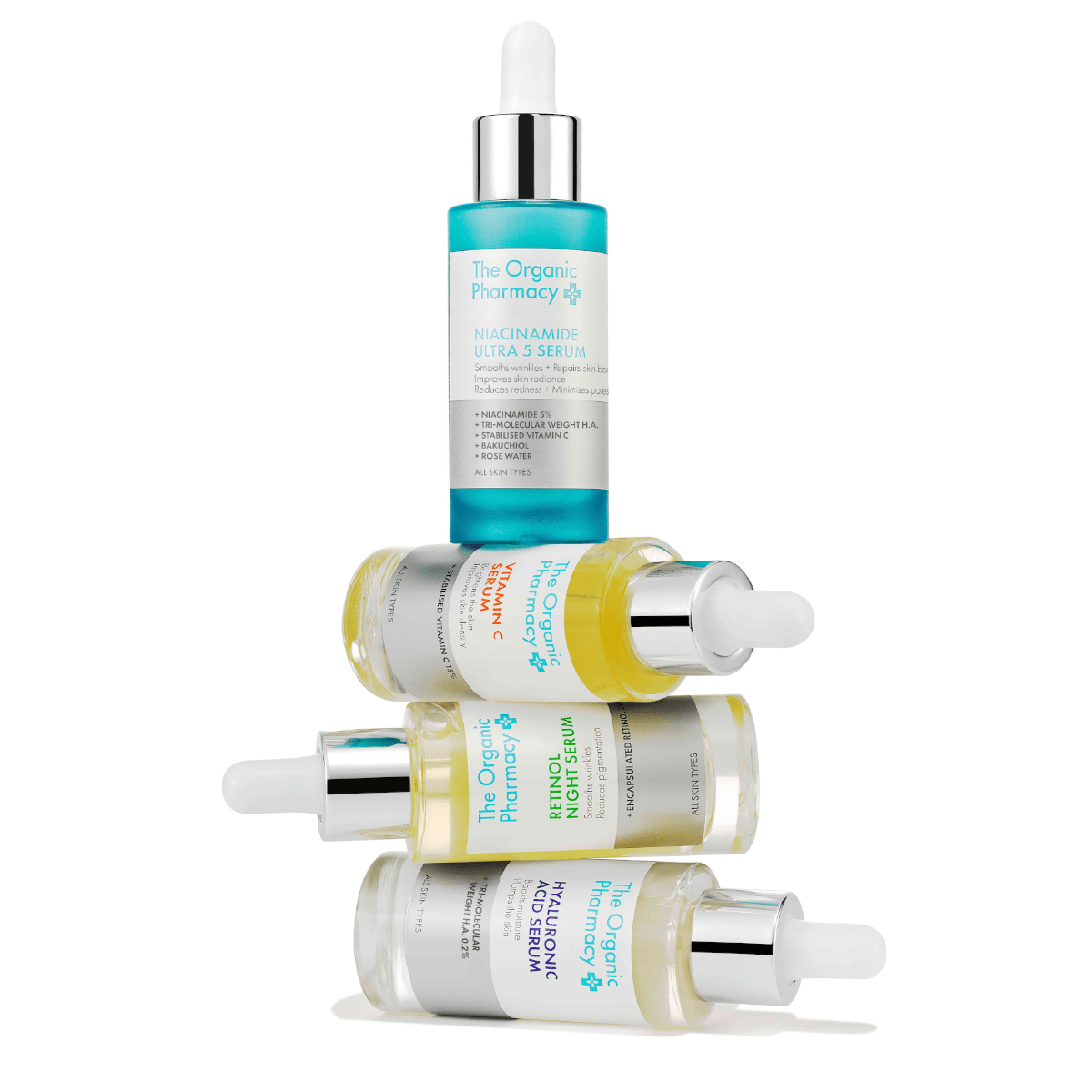









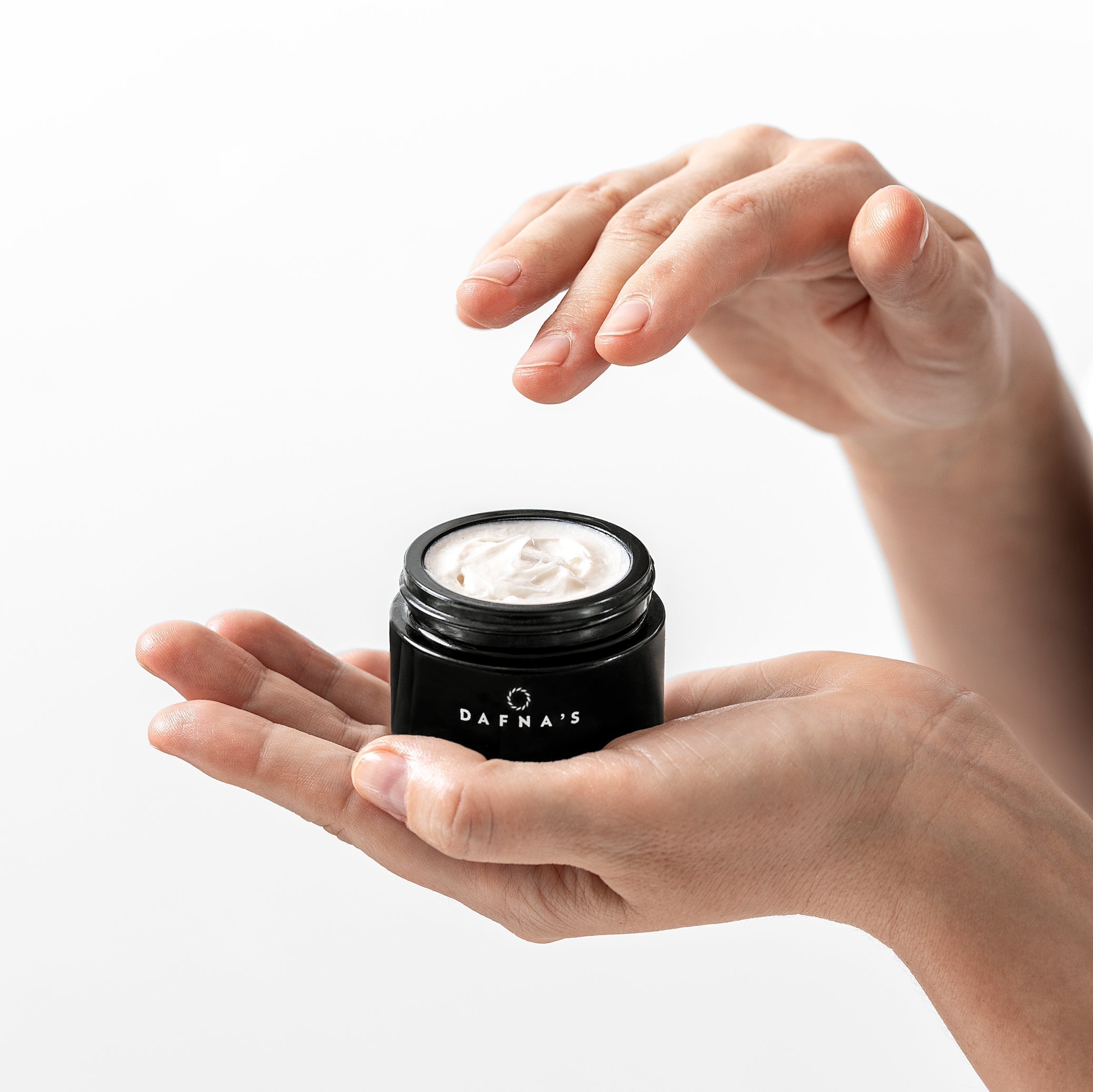






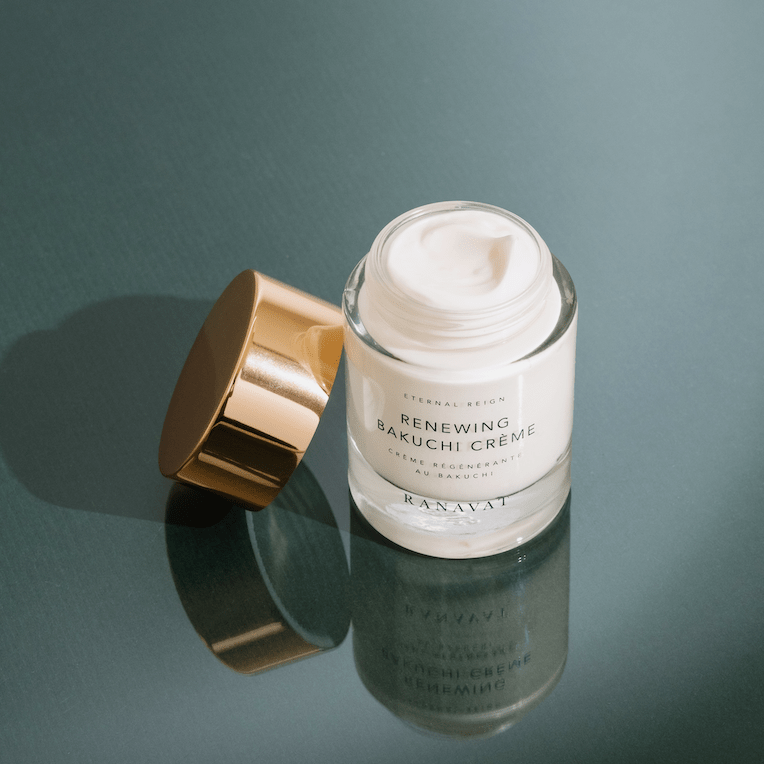

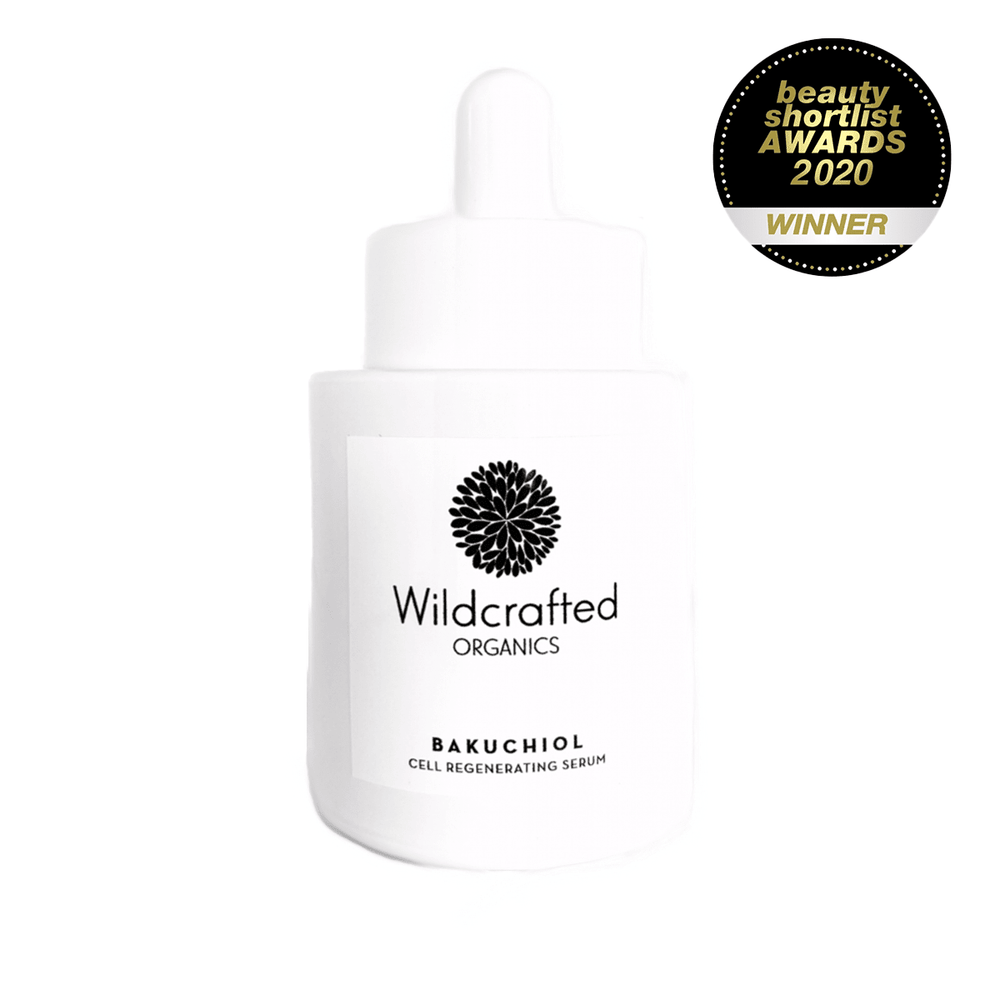
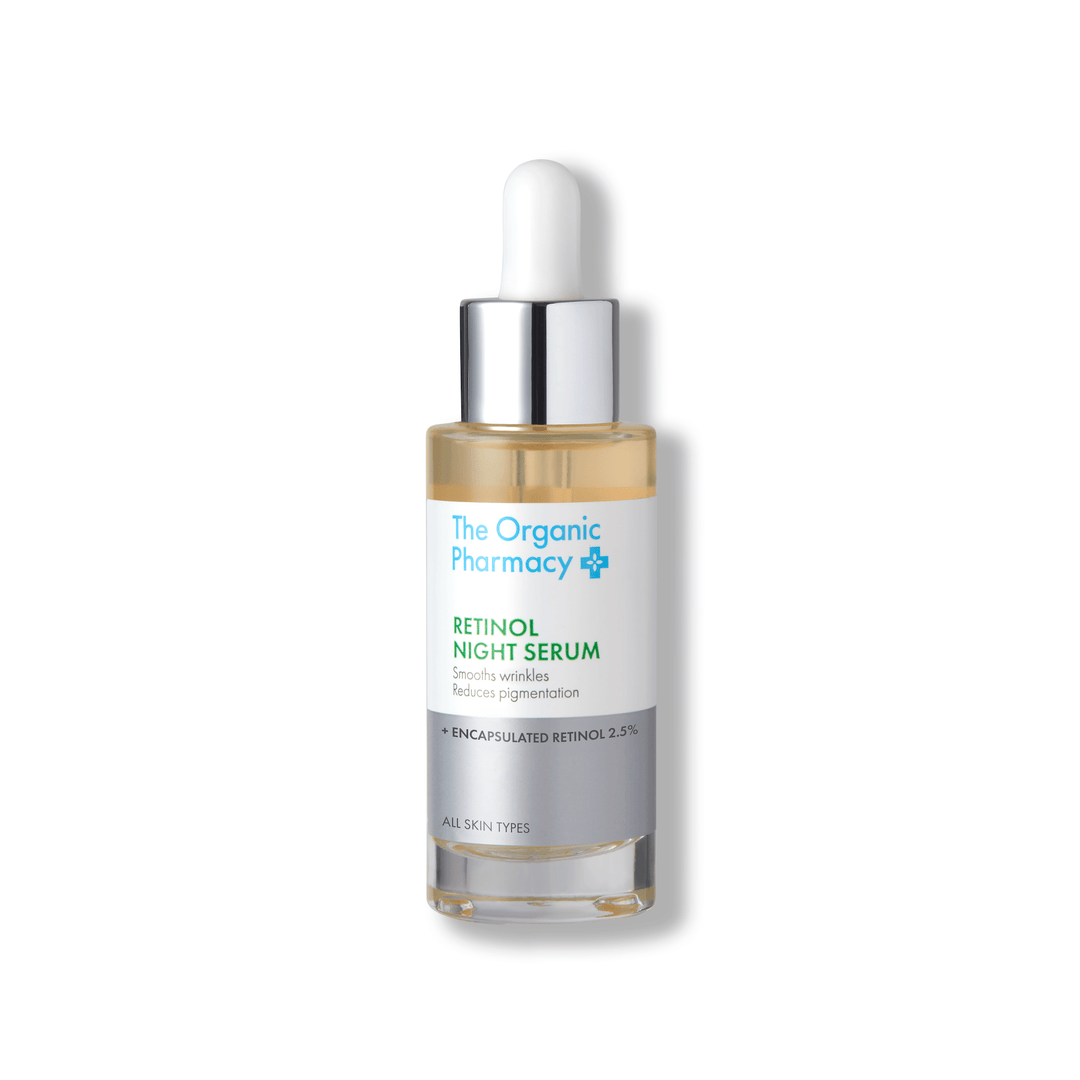
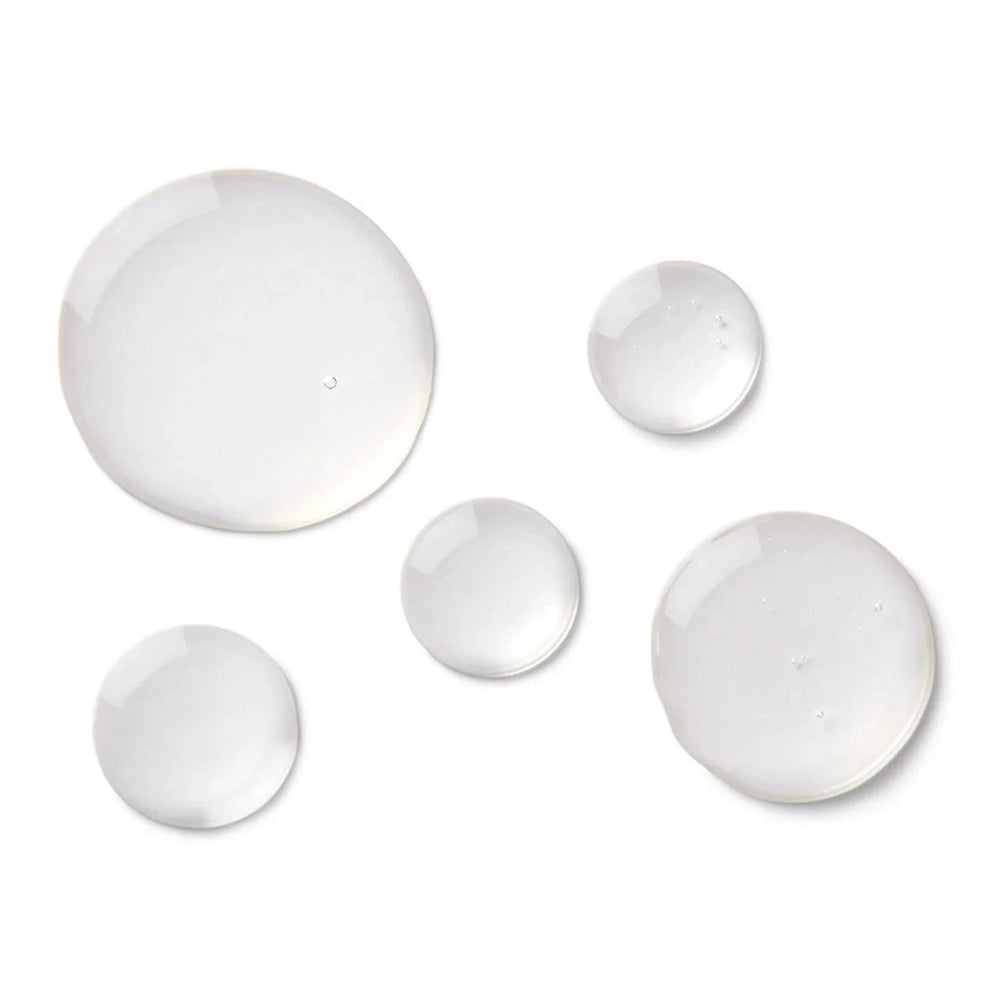

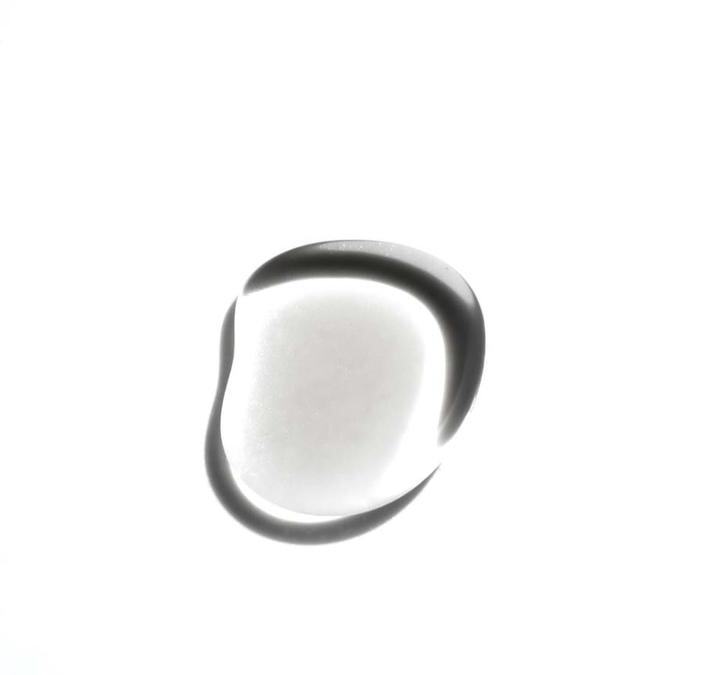




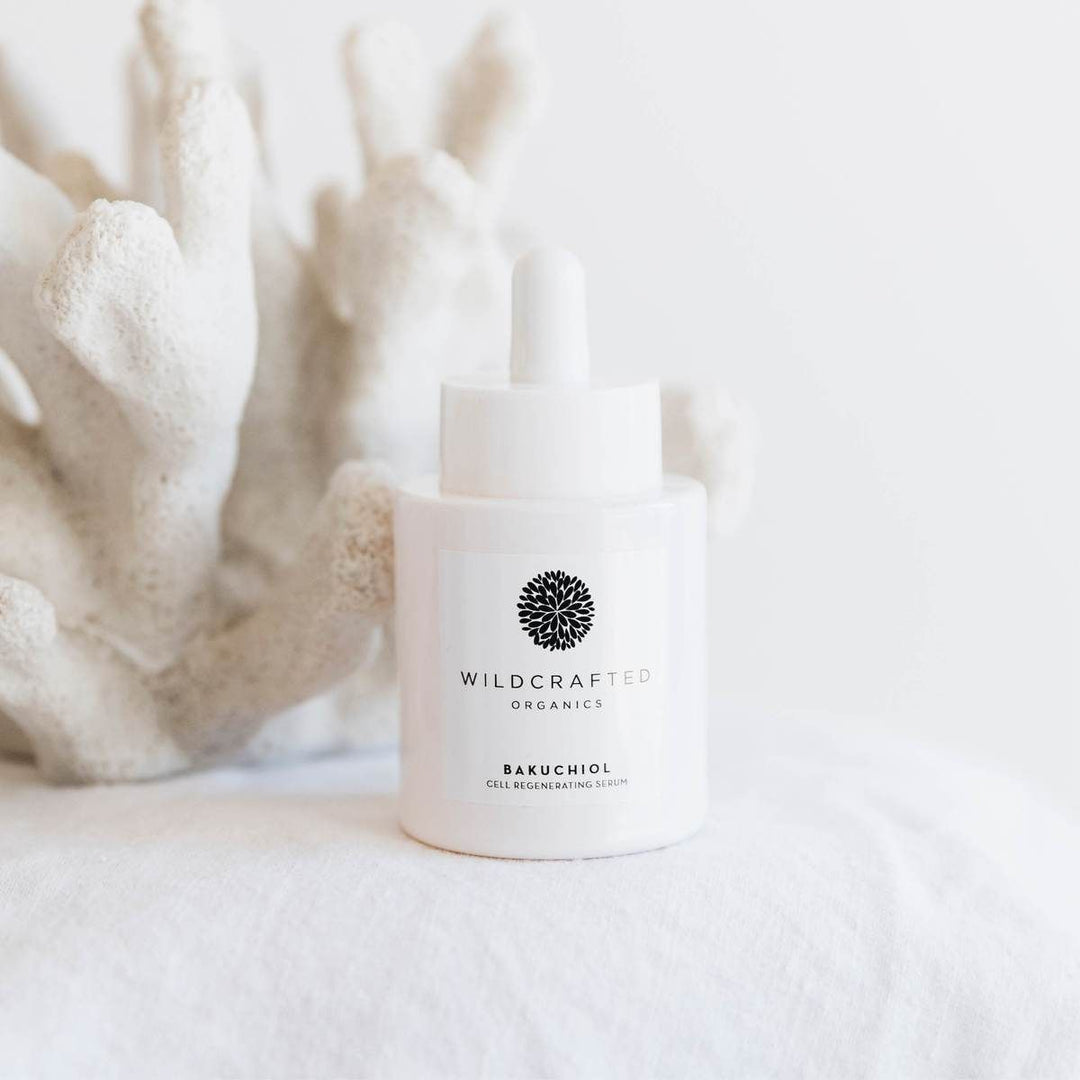

uVAfclUhvWSQ
kcwXmWsP
bijAPHzTQ
555-1 waitfor delay ‘0:0:15’ —
555-1); waitfor delay ‘0:0:15’ —
Leave a comment